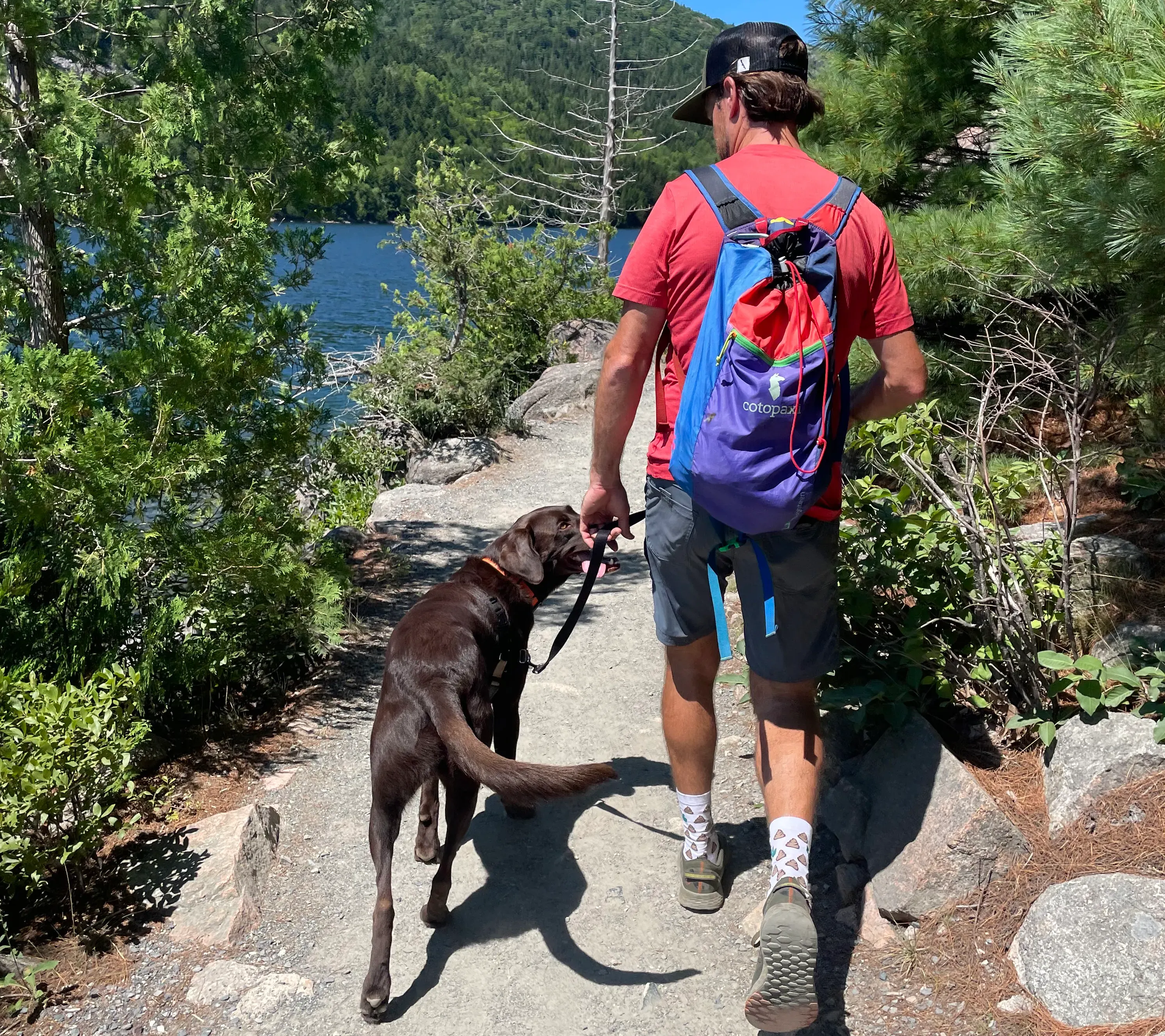What your dog is telling you by not vocalizing their emotions!
Most dogs are boisterous, gregarious animals who want to explore the world around them. But occasionally, their behavior changes and you may need to know what they are telling you.
In this post, we take a look at some of the reasons your dog might be giving you the silent treatment and what you can do about it. Let’s take a look, shall we?

Hypothyroidism
Just like humans, dogs can also develop hypothyroidism which is a condition in which the thyroid gland doesn’t produce enough thyroxine. Pooches with this condition tend to be more lethargic than usual and don’t want to go for walks.
Again, if you suspect this, you’ll need to take your dog to the vet. They will then prescribe them with thyroxine to rebalance their system.
Painful Urinary Tract Infections
Sometimes, bacteria can become established in your dog’s bladder, leading to urinary tract infections or UTIs. This can be common and especially frustrating when trying to potty train a new puppy.
Fortunately, there is a natural UTI treatment for dogs on the market already that doesn't involve using any harsh antibiotics. Many times, these alternatives are able to clear up your pooch’s symptoms quickly, without having to go to the vet.
If you notice that they still aren’t getting better after a few days, seek professional medical help.
Heart Disease
Your dog’s lack of energy and/or normal activity might also be the result of a more serious issue. As your pet gets older, the ability of their heart to pump blood around their system starts to diminish. And, eventually, even a small amount of exercise can become challenging for them.
You can detect heart disease by keeping an eye out for a range of other symptoms, besides lethargy and not being as vocal as they may have been. These include fainting, coughing, a pot belly, or a high rate of breathing. Dogs that pant after walking may need to be checked out for cardiovascular problems.
Emotional Distress
Emotional issues are another major cause of dog lethargy. If your pooch is dealing with strong emotions, they may spend more time looking depressed. You may also notice that they lose their appetite at the same time.
The trick for dealing with emotional distress is to improve your dog’s lifestyle. Most dogs recover if you take them to the park regularly or improve their food. However, if you rescued your dog from an abusive situation, he or she may require professional therapy to rehabilitate them.
If your dog seems quiet or sleepy and you don’t know why, your priority should be to get a diagnosis. Usually, there’s nothing medically wrong with your dog - they just feel a little out of sorts. However, if there is a problem, it always pays to find out sooner rather than later.
Have you tried our FREE course “Focused Fido”? If not and you find you could use your dog’s attention in high stress situations like walks, dog parks, vet visits, then take our free, quick and easy training course on gaining your puppy or dog’s focus today!
Please contact us if you have any questions on these tips, [email protected] or by visiting www.newmansdogtraining.com.
Also, follow us on Instagram and Facebook @newmansdogtraining. You can also follow us and our dog Barry on our training and outdoor adventures on Instagram @adventuredogbarry.



